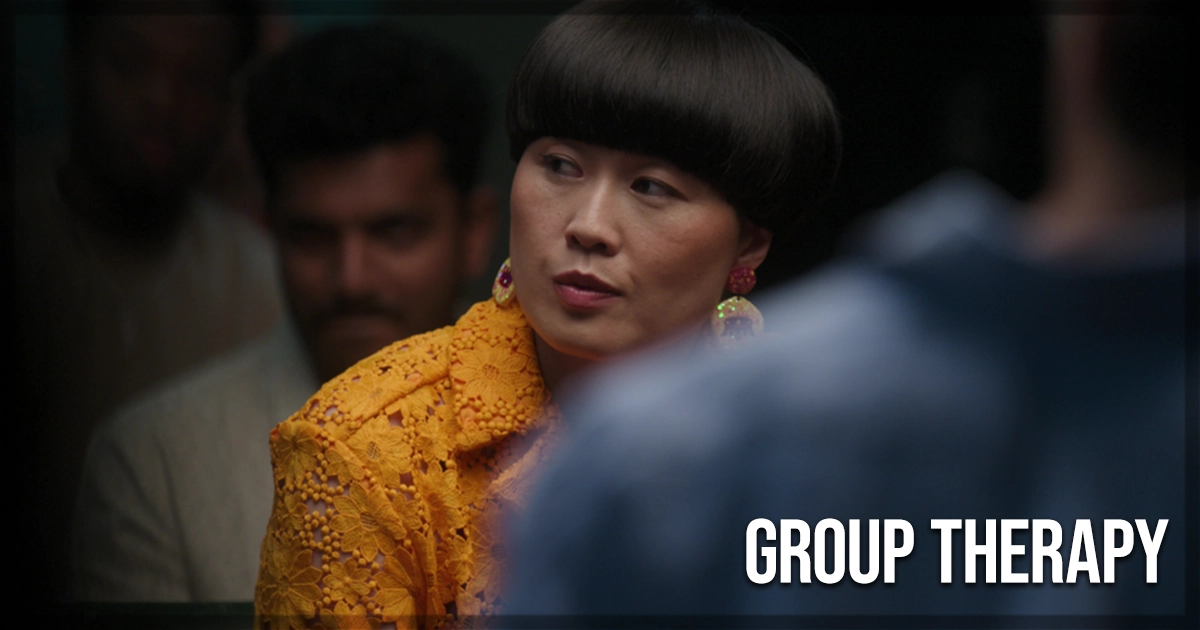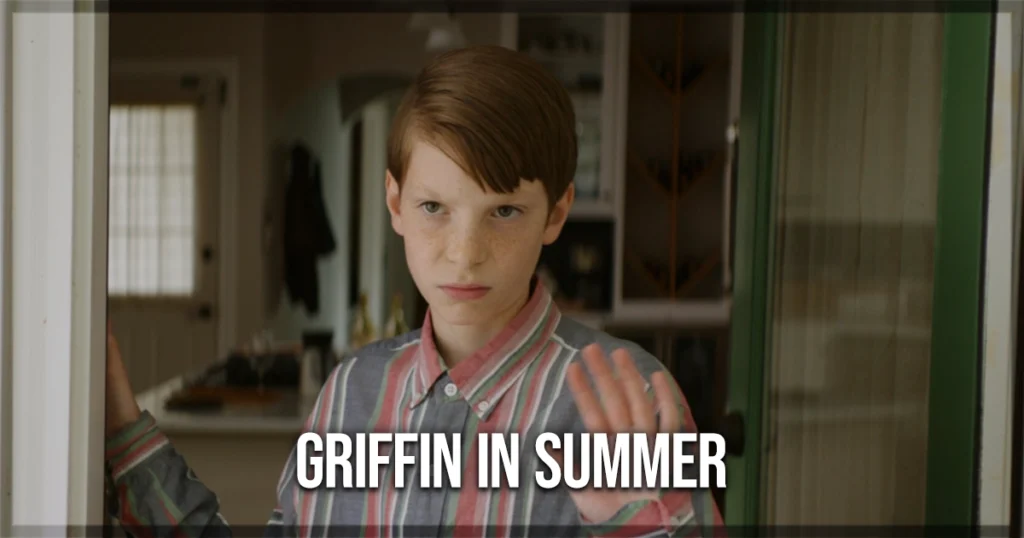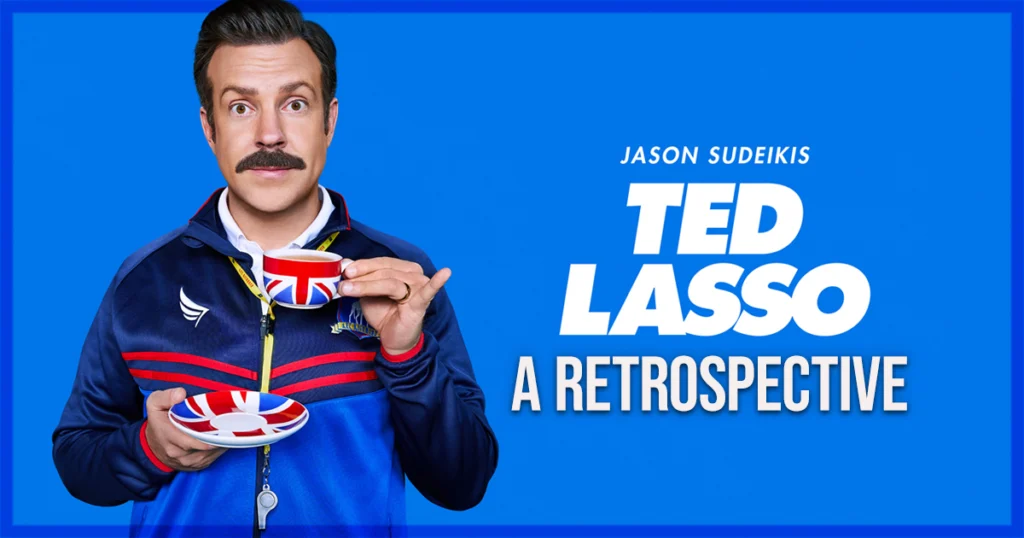Comedy is one of the great cultural forces. It is, in many ways, the great equalizer. In the hands of a talented performer, comedy speaks truth to power, whether that means mocking our leaders or finding commonality in the human experience. It’s the latter of these that filmmaker Neil Berkeley’s latest documentary, Group Therapy, in which six comedians known for their frank discussion of mental health issues –Mike Birbiglia, Nicole Byer, Gary Gulman, London Hughes, Tig Notaro, and Atsuko Okatsuka– are brought together to speak about the subject in a makeshift group session moderated by Neil Patrick Harris.
The film features a mix of these group sessions, side conversations between various combinations of the stars, and direct-to-camera talking head interviews. Berkeley, along with editor Billy McMillin, weaves these pieces together to great effect. Each conversation flows from one format to the next, in some cases switching back and forth mid-story from one format to another.
Each of the comedians involved gets at least one moment at the forefront of the conversation. If you follow their work, you will probably have some idea what those moments might be about. Whether it’s London Hughes’s issues with her image, Nicole Byer’s detailing her struggle with ADHD, or Mike Birbiglia’s sleepwalking and anxiety, each of them is open and honest both in this film and in their comedy in ways that make them resonate with the audience.
The stories told by Gary Gulman about his experiences of checking into a mental health facility and receiving electro-convulsive therapy are affecting and really highlight that no matter how successful you’ve become, these issues can still crop up and be debilitating.
Atsuko Okatsuka’s stories of never having had any diagnosis or therapy because they’ve been too busy supporting their mother, who has schizophrenia (and how her partner’s mother is also afflicted), are similarly relatable for anyone who has ever had to provide care for another, and some of the realizations they have later in the film are the kind of thing that more of us need to hear.
It’s worth noting, too, that Neil Patrick Harris is low-key great in this. It would be easy for him, known for big showy performances, to try to take center stage, but he leans back and lets the conversation happen while remaining present and keeping the conversation moving.
The real standout is Tig Notaro, though, who recounts her annus horribilis of 2012 -in which she contracted two horrible diseases, her mother died, and then she was diagnosed with Cancer all in a four-month period, and famously got on stage and laid all of that bare for the audience. The whole story is as emotional now as it was then, and Notaro has embraced this aspect of her comedy. However, it was a later story about reconciling with her stepfather that legitimately moved me to tears.
It would be easy for Group Therapy to be maudlin or exploitative, especially since the group part of the film takes place with an audience, but it stays an honest and vulnerable conversation throughout. Mark Twain once said that the best way to cheer yourself up is to try to cheer someone else up, and while the subject matter here gets a little dark at times, it will ultimately leave you with a smile.
Group Therapy recently premiered at the Tribeca Film Festival.
Learn more about the film at the Tribeca site for the title.



